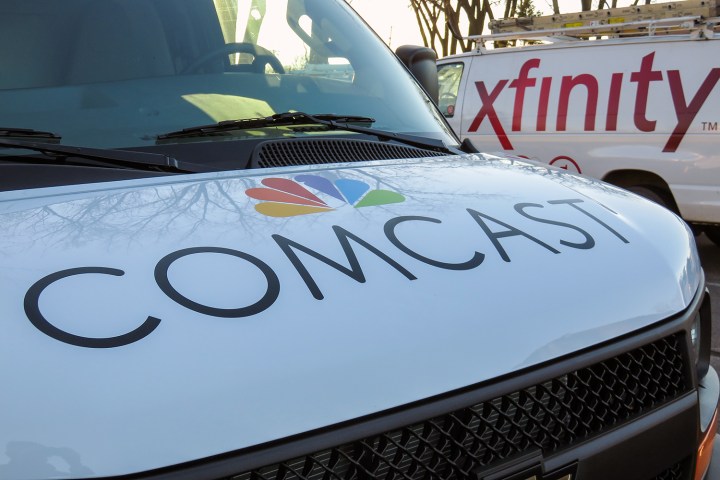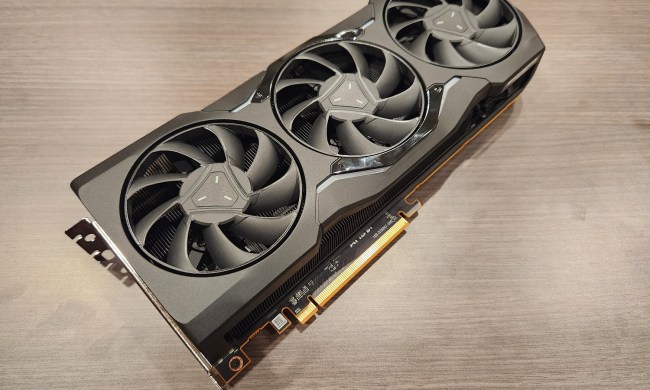
A decade after deploying a congestion management system to slow down heavy internet users, Comcast announced it no longer needs to resort to throttling its customers. Although heavy internet users will no longer experience slowdowns in speed while surfing the web, however, Comcast will still maintain data caps and charges for overages in 27 states that may deter users from unnecessarily clogging the network.
“As reflected in a June 11, 2018 update to our Xfinity Internet Broadband Disclosures, the congestion management system that was initially deployed in 2008 has been deactivated,” Comcast said in a statement released earlier this week. “As our network technologies and usage of the network continue to evolve, we reserve the right to implement a new congestion management system if necessary in the performance of reasonable network management and in order to maintain a good broadband internet access service experience for our customers, and will provide updates here as well as other locations if a new system is implemented.”
The disclosure was likely made in order for Comcast to comply with the recent Federal Communications Commission (FCC) transparency rules, which were updated at the same time that the agency eliminated net neutrality regulations.
A study by the Electronic Frontier Foundation found that Comcast had employed a system to manage network congestion as early as 2008, as the internet provider tried to disrupt the influx of traffic that came from peer-to-peer sharing. Comcast admitted to using a congestion management system, but maintained that it was not targeting specific applications, like BitTorrent, when slowing down traffic.
Comcast’s congestion management system has been inactive for more than a year, and that the “network and consumer devices have evolved to a point that our old congestion-management system is no longer necessary,” Comcast told Ars Technica.
“Comcast has generally stopped short of claiming that data caps are needed for congestion management, but it has argued that overage fees are necessary to pay for network upgrades,” Ars Technica retorted.
Comcast also released a separate disclosure detailing how it manages speed on its network. “Comcast provisions its customers’ modems and gateways and engineers its network with the goal of enabling customers to enjoy the broadband internet access service speeds to which they subscribe,” the company said.


